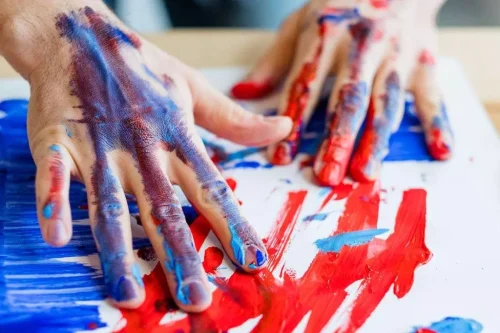
Why does a night of drinking sometimes leave you feeling anxious the next day? Understanding the relationship between alcohol and https://ecosoberhouse.com/ anxiety can shed light on this perplexing phenomenon. Anxiety, especially generalized anxiety, and alcohol have a complicated connection….
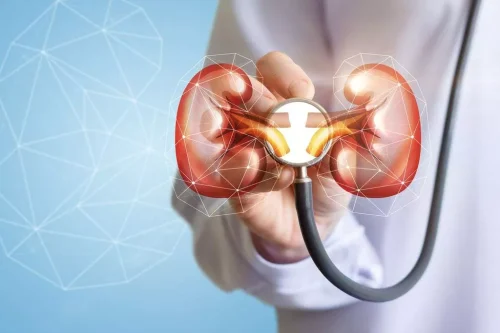
How can I break the cycle of alcohol and panic attacks?
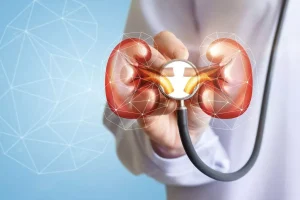
If you feel depressed and anxious after drinking, you have plenty of company. The surest remedy for the physical changes during alcohol withdrawal is time, but you can do some things to lessen the anxiety and ease some of your symptoms in the meantime. You might be questioning whether it’s possible to have alcohol flu or even to be allergic to beer.
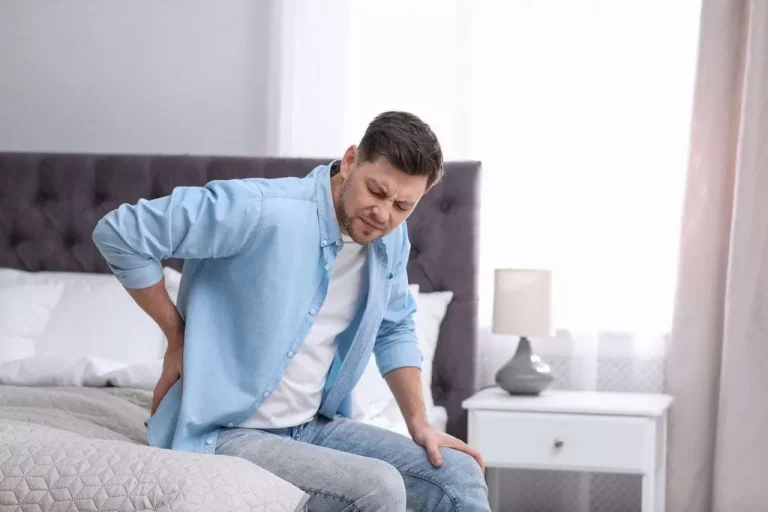
Conditions
- This is sometimes called “hangxiety.” If you’re struggling with alcohol withdrawal, please reach out to a healthcare professional.
- At Talkiatry, our psychiatrists can treat patients with mental health conditions such as anxiety or depression and substance use disorders that occur at the same time.
- When a panic attack starts, your breathing can get fast and shallow.
- If you struggle with panic attacks and feelings of anxiety, it is important to understand how alcohol can affect your mental health and potentially make these symptoms worse.
- This is a slippery slope that can easily spiral into a devastating addiction, make your panic attacks and anxiety worse in the long term.
- If you are experiencing an alcohol-related panic attack, stop drinking immediately.
- Stress can impact the immune system and make you more susceptible to things like the common cold and flu.
Contrary to popular advice, stimulants such as caffeine or sugar, or even smoking, can make both the hangover and the anxiety worse, so avoid them. Because the alcohol and anxiety cycle feeds on itself, and over time causes a person to drink more, eventually it may lead to Alcoholics Anonymous addiction. If a person uses alcohol as a form of self-medication, it can quickly escalate into a serious problem.
Why alcohol is an unhealthy coping mechanism for panic attacks
Once these effects wear off, our anxiety may amplify and trigger a panic attack. This can lead to a cycle of alcohol dependence where alcohol and panic attacks fuel one another, making it difficult to stop. This is sometimes called “hangxiety.” If you’re struggling with alcohol withdrawal, please reach out to a healthcare professional.
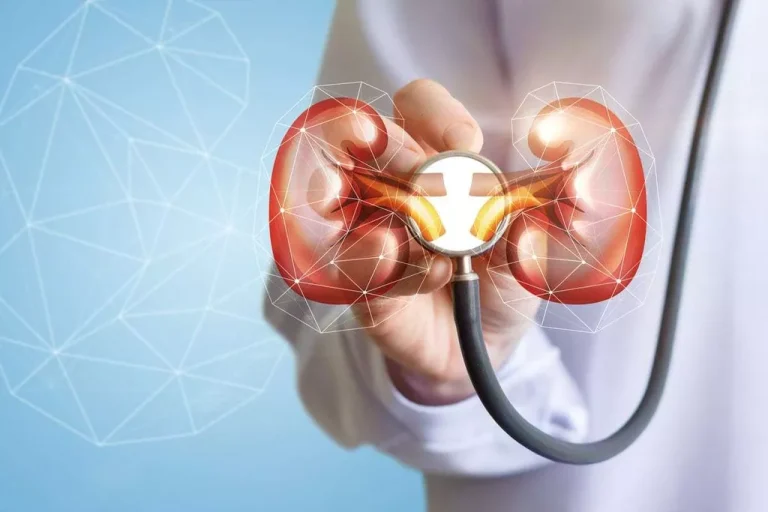
Hangover Cures
Suddenly decreasing or stopping your alcohol intake can cause your body to go into withdrawal, potentially leading to a number of dangerous symptoms including hallucinations, dehydration and seizures. Anxiety is different to depression, but they can sometimes go together – feeling anxious and worrying constantly can make you feel low. And depression is affected by alcohol too – find out more on our alcohol and depression webpage.
- It can feel like forever when you’re in the middle of one, but remember it will pass.
- It is also important to check whether you feel able to take a break from alcohol and look out for the warning signs of a drinking problem.
- Whether you experience hangxiety or a full-blown alcohol withdrawal panic attack, recognizing the connection empowers you to take control.
- Alcohol-induced panic attacks can last anywhere from a few minutes to several hours.
- The information above can help ensure you take the appropriate course of action.
- When feelings of anxiety come on quickly and intensely, it could be a panic attack.
- She was constantly working late, skipping meals, and saying “yes” to every task thrown her way.
Although there are no notable neurological or physiological changes that have caused your body to be less functional, your faulty perception can convince you that you lack energy to complete basic tasks. Eventually, dependence needs more of a substance to get the same effects. Dr. Lin has held an academic appointment at UTHealth, and he has spent his professional career supervising and teaching panic attack while drunk medical students and psychiatry residents. The information in this article is for informational and educational purposes only and should never be substituted for medical advice, diagnoses, or treatment. If you or someone you know may be in danger, call 911 or the National Suicide and Crisis Lifeline at 988 right away. Plus, we’re always introducing new features to optimize your in-app experience.




